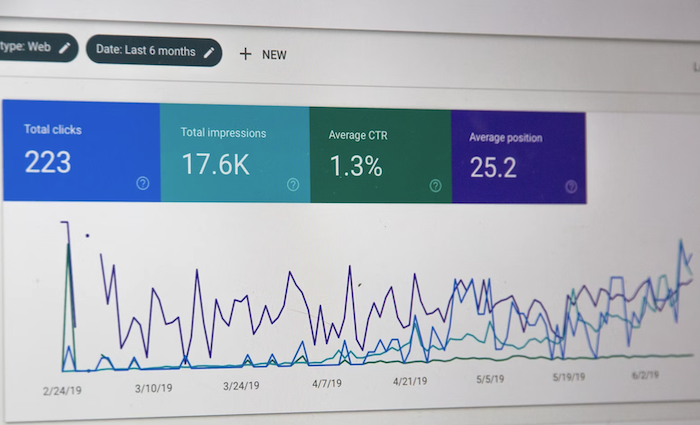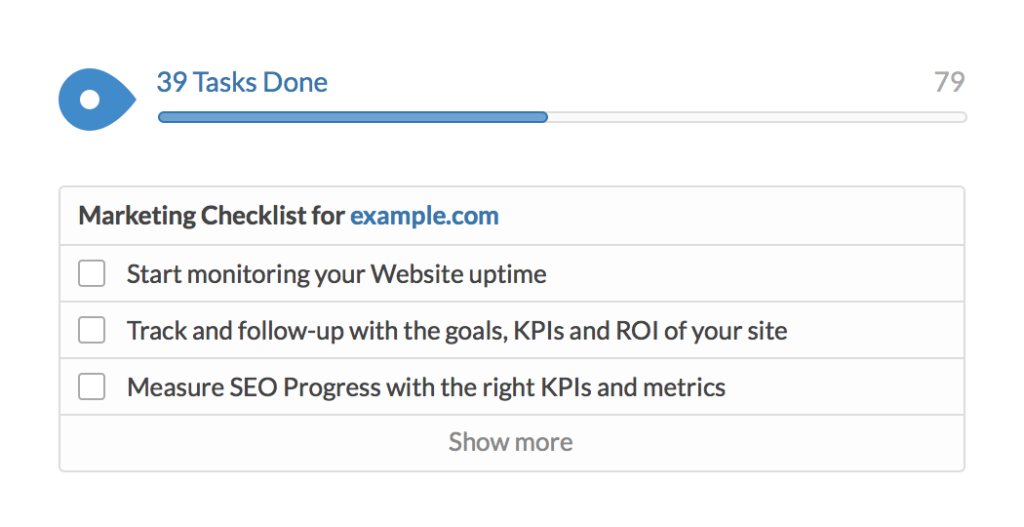 Businesses benefit from digital marketing because it promotes their products and services to a wider audience than traditional forms of advertising. Before online advertising became mainstream, the customer base of most businesses was limited to their locality. Nowadays, they can cater to people around the world. One of the widely used forms of online advertising is Search Engine Marketing (SEM).
Businesses benefit from digital marketing because it promotes their products and services to a wider audience than traditional forms of advertising. Before online advertising became mainstream, the customer base of most businesses was limited to their locality. Nowadays, they can cater to people around the world. One of the widely used forms of online advertising is Search Engine Marketing (SEM).
Search Engine Marketing is the promotion of a business or website on a search engine. It is done by displaying a sponsored post on a search engine result page (SERP) when an internet user searches for a keyword relating to that post. This will increase website traffic and sales and give companies an edge over their competition.
Search engine marketing has a pay-per-click (PPC) advertising model that mostly has a lower cost per acquisition than traditional advertising. This is because the searchers of the keyword that triggers a sponsored post already have an interest in that business’s niche. Most people that will view or click the ad already have a prior interest in the niche, so the conversion rate will be higher than advertising through mass media. The PPC advertising model ensures that businesses are only charged when their ad is clicked, not viewed.
The PPC model of search engine marketing is favorable for businesses trying to scale because it allows them to consistently advertise without paying huge fees to appear on TV, radio, or in newspapers.
How to Run an SEM Campaign
Running an SEM campaign requires digital marketing expertise so your ads reach the right audience without wasting your budget. You can outsource your PPC advertising to a reliable expert or marketing agency if you do not have the expertise to run it effectively. However, here are the steps needed for a successful campaign:
1. Create a detailed SEM strategy
Create a detailed SEM strategy that reflects your business goals. Identify your target market, research their needs, understand their preferences, and pick the right keywords and search engine to run the ads. Most businesses use Google Ads for their SEM campaigns, so that is a good starting point.
2. Expand the budget and campaign
After creating the marketing strategy, run the campaign and measure the results. When you find the formula that works, slowly increase your budget so you can place larger bids on high-performing keywords, and target more areas and demographics.
3. Engage in retargeting campaigns
Some people need to see an ad multiple times before clicking on it. You should implement retargeting campaigns to keep displaying your ads to people that have clicked on your business website or your ad before.
4. Track campaign performance
Monitoring ad performance is essential because it gives insight into your business scaling efforts. Important metrics to monitor are the number of site visitors, conversation rate, bounce rate, and average time spent on site. You can use Google Analytics or similar software to monitor these metrics.
Endnote
Search engine marketing is essential for companies trying to scale and attract new customers. With a modest budget, proper planning, and marketing expertise you can help more people discover your business, thereby increasing your sales. As your business generates more profit, it would be best if you expand its ad campaigns so it can reach an even wider audience.


